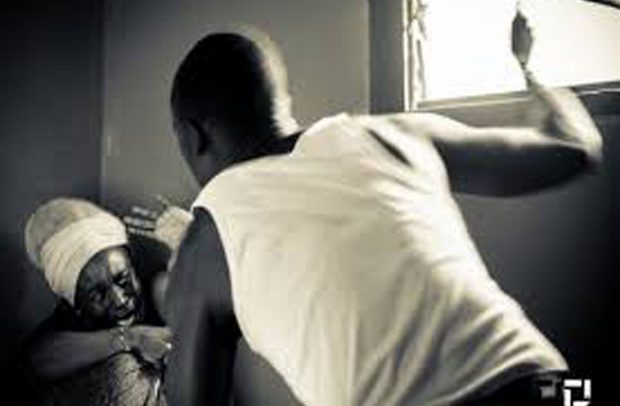The public has been urged to desist from stigmatizing survivors of domestic violence who come out to report the incident for redress.
According to the Deputy Director of Administrative Justice, Commission for Human Rights and Administrative Justice (CHRAJ), Esther Annor, a lot of domestic violence survivors refuse to speak up and seek help from state institutions because of the fear of stigmatization and discrimination.
“They say it is a domestic issue so why do you have to take it up, we can settle it at home so, even though she knows that her rights have been trampled upon, she would not want to report not because she is expecting any social support from the man but because of the stigma she will face when she reports,’ she said.
Mrs. Annor said violence against women and girls, which per estimates from UNWomen occurs in the lifetime of one out of every three women worldwide, must not be overlooked as a minute part of domestic issues.
She emphasized that the best way the country can eliminate domestic violence is for survivors to report the incidents so the perpetrators would be sanctioned to deter others from engaging in the criminal act.
“We should not stigmatize people who report domestic violence because that deters other from coming out,” she stressed while calling for support for those facing abuse.
Mrs Annor made the call during an interview on the side-lines of a half-day media training on violence against women and girls organised by Inerela+ Ghana, an association of religious leaders living with HIV and AIDS, with funding from the United Nations (UN) WomenTrustFund.
Legal officer, CHRAJ, Cephas Essiful-Ansah in his presentation said according to statistics available at the Accra Regional Office of the Domestic Violence and Victims Support Unit (DOVVSU), of the Ghana Police Service as of August 2020, 31.9% of Ghanaian women have faced at least one form of domestic violence – physical, economic, psychological, social or sexual.
He further noted that the support from institutions like DOVVSU, CHRAJ and other statutory bodies have been inadequate in the fight against Violence Against Women and Girls (VAWG).
He said in order to change the status-quo, “we need to see community-based non-formal education, research and support, and the need to receive accurate and researched base reportage from the Ghanaian media as well.”
A resource person, Ambrose Cori, exposed journalists to the ethical ways to report on women’s rights and stories of survivors of violence.
He said stories of domestic violence must among others, empower survivors to stand up for and pursue their right, encourage survivors to participate in the dialogue on the subject and foster accountability not only of perpetrators, but also public institutions responsible to take action.
Country Coordinator for Inerela+ Ghana, Mercy Acquah-Hayford, said the workshop was part of a three-year project, which started in 2010, to create awareness on the need to end and reduce stigma against abused persons.
The project, she said, was being implemented in three communities in Accra – Chorkor, James Town, and Nima.
Mrs. Acquah-Hayford said the project would engage men in the selected communities and enlighten them on the need to protect women and girls and desist abusing them.
Jamila Akweley Okertchiri

